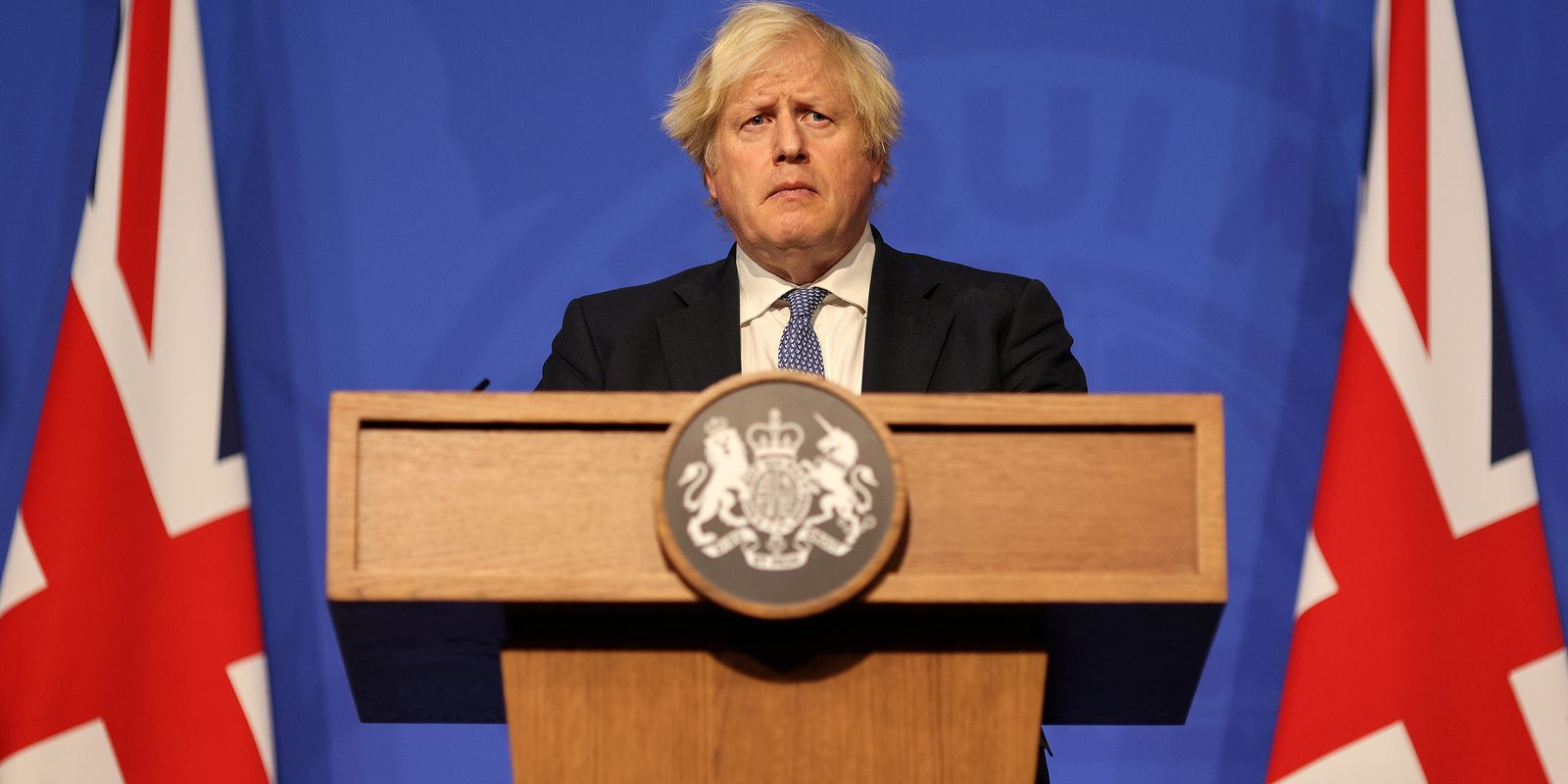The Secretary of State for Digitization and Administrative Modernization, Mário Campolargo, underlined the pride he felt in seeing that the work carried out by Portugal for more than a decade has allowed it to be alongside countries such as Canada, the United Kingdom, the Republic of Korea, Israel or New Zealand, among others, “which are unquestionably recognized as digital leaders”.
“More than that, realizing in contact with my counterparts that many of our digital solutions are perceived as more advanced and even pioneering,” he added.
Mário Campolargo intervened in the context of the discussion of the State budget for 2023in the Assembly of the Republic.
The Secretary of State recalled his intervention at the 9th Ministerial Summit of the Digital Nations Group, a collaborative network of the 10 most digitally advanced governments in the world which, in 2024, will have the Portuguese presidency.
“In Portugal, digital is already an economic sector with around 24,000 companies, which employ more than 147,000 skilled workers, corresponding to 3.6% of employment,” he said.
For Mário Campolargo “digital represents a new way of thinking about the world and finding innovative solutions for our daily lives, an opportunity to create value, develop competitive advantages and better benefit from globalization”.
His constituency’s core mission is to “make the most of digital to implement public policies that promote sustainable economic development and benefit everyone without leaving anyone behind,” he said.
Digital represents 22% of the total allocation of the PRR
The Secretary of State underlined that digital represents 22% of the total allocation of the Recovery and Resilience Plan (PRR), corresponding to 3.7 billion euros, “a recognition that digital is a fundamental instrument for the transformation of the business fabric, for the modernization of public administration and for the improvement of people’s digital skills”.
“We have prepared a budget for 2023, which aims to design, implement and finance initiatives aimed at growing Portugal as a digital nation,” he said.
Mário Campolargo also highlighted “initiatives such as the integration of technological solutions for e-commerce and connectivity with digital business districts” or “the system of financial incentives for the digitization of business models with digital business accelerators” , as part of the transformation of the commercial fabric.
“And also the National Network of Test Benches, infrastructures which will offer companies the necessary conditions to test innovative products and services”, he underlined.
The start-up ecosystem generates jobs
According to him, for a country to be at the forefront of a digital revolution, it must be able to “attract investment and companies that use technology in highly scalable business models”.
Mário Campolargo recalled that, in the week following the WebSummit, “it seems relevant to note that the most recent data from the Startup Heatmap Report, indicate that, for example, Lisbon is one of the most attractive cities in Europe to create a start-up, emerging in 4th place, ahead of cities like Amsterdam or Paris”.
The Secretary of State said that the ecosystem of start-ups and technology companies in Portugal has, over the past six years, shown a return of 50 times the volume of venture capital invested and has enabled the creation of more of 50,000 jobs.
“The seven unicorns founded by national talents represent, in proportion, three times those that exist in France, Germany or Spain,” he explained, concluding that “these are figures from a country that has made proven in the field of technology and innovation, capable of training and attracting talent, and which make it a guarantee of success within the framework of emerging ecosystems”.
During the Portuguese Presidency of the Council of the European Union, the government promoted the creation of the European Startup Nations Alliance (ESNA), a European association, based in Portugal, dedicated to the entrepreneurship sector and whose “the consolidation will be important for Portugal’s assertion in this area”.
According to Mário Campolargo, the government will develop the legal framework to operationalize the concept of start-ups and regulate the tax advantages associated with the stock options of these companies. “These legislative measures will make an indelible contribution to promoting growth, stimulating investment and entrepreneurship,” he said.
Modernization of public administration
“The digital transformation of companies must always be accompanied by the provision of quality public services”, he said, highlighting the continuous modernization of public administration, with the aim of making it even “simpler, more efficient and inclusive.
The Secretary of State assured that the government “is strongly committed to continue to promote the simplification of processes, as well as to approach the delivery of public services from a perspective centered on the citizen and his life events, using the technology whenever possible. position itself as a catalyst for innovation and improving the quality of the relationship of people and businesses with the State”.
Among the various measures, Simplex stands out, based on bringing the State closer to those towards whom it directs its action, on anticipating the needs of people and businesses and on automating the services provided.
“It is this renewed service model that we want to gradually integrate into the 64 existing citizen shops and the 12 that will open in 2024, without forgetting the 800 citizen spaces that already exist throughout the territory and in certain regions abroad” , did he declare.
digital skills
Mário Campolargo drew attention to the need, more than providing digital solutions, “it’s up to the government to work to make sure everyone uses them”.
For the Secretary of State “it is essential to develop the digital skills of the Portuguese population as a means of giving people more power and a better quality of life, making digital a factor of social inclusion and an ally for competitiveness and economic growth”.
The European Commission has established 2023 as the European Year of Skills, and “Portugal, aligned with the importance of training and digital inclusion, anticipated and launched in October this year, the Month of Digital Skills, an initiative to be repeated every year”, announced.
“The government believes that the digital transformation of the country will only happen when we all take care of digital for you!”, He also stressed.
cyber security
Mário Campolargo also recalled that the success of digitization also depends on confidence in the use of the digital environment.
“Threats in cyberspace affect businesses, public entities and individuals, and require a careful and active posture on the part of the public authorities”, he said, assuring that “the Government is working to put in place of measures guaranteeing a prosperous digital society”. and freedom”.
The Secretary of State highlighted the measures aimed at helping two thousand entities and companies of the public administration to comply with the legal obligations in this matter, through competence centers distributed throughout the territory and a digital innovation pole specific, or to train thousands of cybersecurity specialists.
“in 2024, a new national strategy for cyberspace security will also come into force, already designed to deal with the new contexts in which we live,” he said.

“Freelance communicator. Hardcore web practitioner. Entrepreneur. Total student. Beer ninja.”







